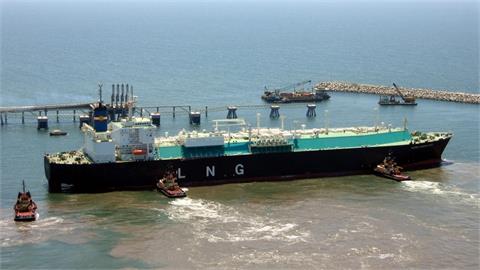Rosneft, the Russian state controlled energy group, has tried to mitigate the effects of the rouble’s fall on its results by changing the way it accounts for foreign currency swings.
The company said on Tuesday it would record the impact of such fluctuations when they materialised, rather than calculating the temporary effect every quarter.
Rosneft has yet to announce its fourth-quarter results and declined to say what impact the accounting change would have. But the move, backdated to October 1, benefited BP, which owns 19.75 per cent of the Russian company.
Analysts had expected the UK oil group to suffer losses of hundreds millions of dollars in relation to the Rosneft stake. Instead, BP reported a $470m fourth-quarter profit from its stake in Rosneft, down from $1.1bn in earnings during the same period in 2013. The dividend BP expected to receive in July from Rosneft would be about half last year’s $693m, the UK group said.
Rosneft said the adoption of so-called hedge accounting, contained in international accounting standard 39, was approved by the board’s audit committee "with the involvement of the independent auditor Ernst & Young”.
EY would not comment on whether it signed off on the accounting change. Rosneft, which said such approval was not required by its auditor, declined to specify how long it would retain use of international accounting standard 39.
The Russian group said "increased foreign exchange volatility of the Russian rouble . . . can distort the effect of the actual currency risk pertaining to the current period” if it was recorded quarterly rather than when it materialised.
Brian Gilvary, BP’s chief financial officer, said the approach was "completely standard” and added that the group had "reassured ourselves, through EY, this is fine”.
Rosneft’s gross debt, which stood at $60.9bn at the end of October, is largely denominated in dollars and euros and its previous accounting policy, which many companies use, obliged it to restate this in roubles at the end of every quarter.
About $14bn of debt was scheduled for repayment in December 2014 and February 2015, although the company did not say if any of this was denominated in roubles.
Peter Hogarth, senior technical partner at professional services firm PwC, said the use of hedge accounting was commonplace.
"You’d expect the directors of a company with substantial foreign currency exposures to manage their risk effectively,” he said. "The accounting standards set out detailed rules on how to do hedge accounting. It is an oft-used technique by many large organisations.
"One can only speculate why it was necessary to issue a press release in February when Rosneft changed its accounting systems back in October,” he added.
Petrobras, Brazil’s state-controlled oil company, adopted a similar accounting change in 2013 to limit the impact of the weakening real on its foreign currency debt.
(Financial Times)



